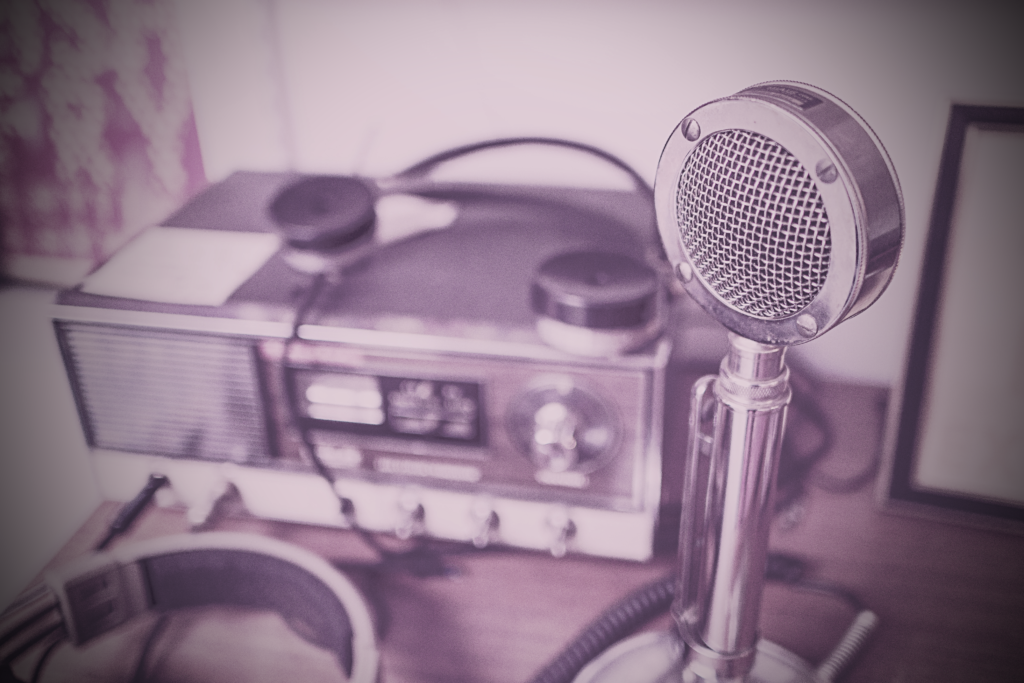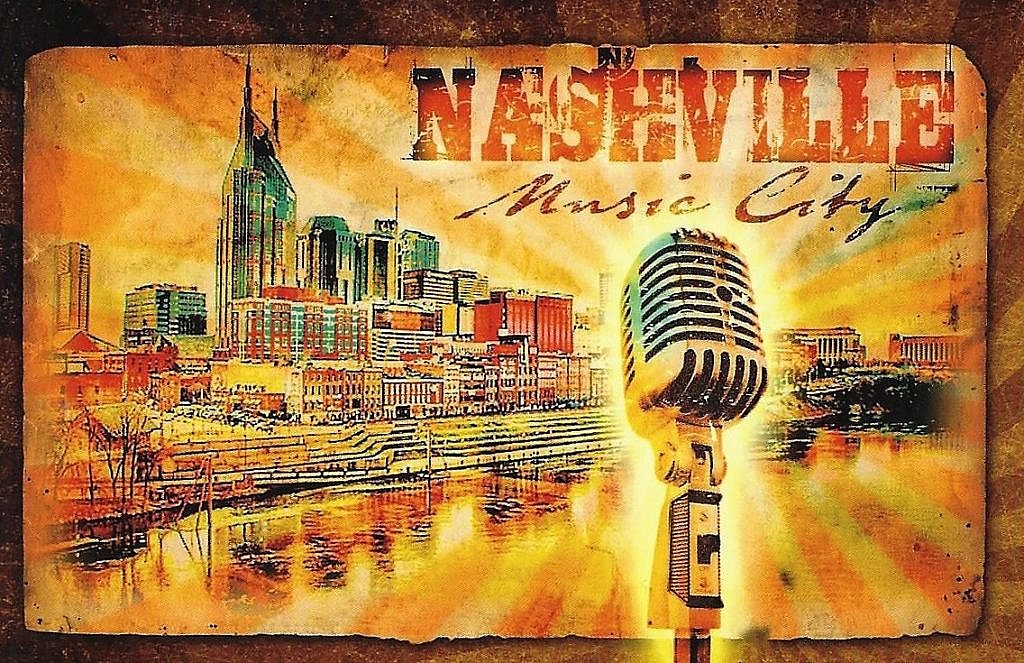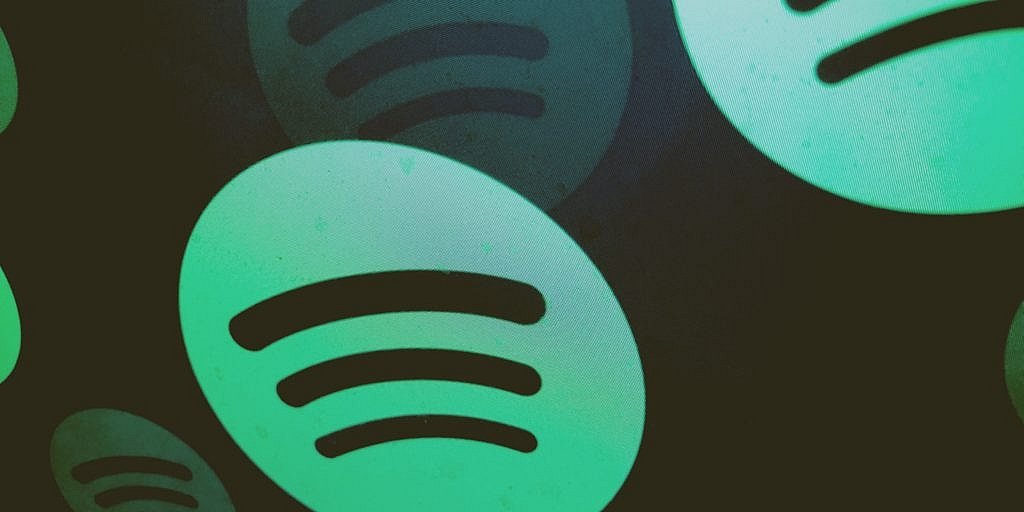There’s a lot of chatter about Daniel Ek’s recent interview with Musically’s Stuart Dredge. There are more than a few nuggets to dissect, but this one is getting the most attention:
“There is a narrative fallacy here, combined with the fact that, obviously, some artists that used to do well in the past may not do well in this future landscape, where you can’t record music once every three to four years and think that’s going to be enough,” said Ek. […] “I feel, really, that the ones that aren’t doing well in streaming are predominantly people who want to release music the way it used to be released …”
As Liz Pelly has explored on The Baffler, Spotify seems intent on influencing artists to tailor their music to benefit the platform. Yes, some point out that in past decades artists used to release 1 or 2 albums every year, so what Ek proposes is nothing new. But the difference is that artists now almost solely rely on touring for income. It’s impossible for most acts to frequently take months off to record a succession of albums without dire financial risk. No doubt you’ve heard the common refrain that bands used to tour to promote album releases, and now it’s the other way around.
PRS’s Tom Gray illustrates this using The Beatles as an example. The Beatles stopped touring to concentrate on their studio work and, to Ek’s satisfaction, released a lot more than an album every few years. It’s doubtful a 2020 Beatles could do the same. Without touring income, they would be in the hole. Here’s Tom’s take (click here to read the full thread):
Tom’s numbers get a little fudgey — studio costs and such don’t need to be that high these days — but the point stands. The Spotify age is not kind to bands that camp out in studios. (The streaming model is even crueler to those who write songs but don’t perform, but that’s a whole other harrowing tale I’ll save for another time.)
Damon Krukowski challenges Ek’s statement by looking at current Spotify earnings from his former band, Galaxie 500. Krukowski points out that the band hasn’t released anything in over 20 years so, by Ek’s reasoning, they shouldn’t do well in ‘this future landscape.’ But they get more than one million streams a month. That’s pretty good, right? God knows I wish my catalog got half those monthly streams.
You might think those numbers put Krukowski and Galaxie 500 in the musical middle class. Instead, those streams amount to about $1250 per band member a month. Here’s Damon (click here to read the full thread):
The concern isn’t what Ek refers to as the ‘top tier’ artists. Those are doing fine. The top artists have always done fine. And, for a variety of factors, they can (for now) live off Spotify royalties and the other compounding advantages of fame and exposure. The problem is the disruption of music’s middle class. This sector relied financially for most of this century (so far) on touring. And with COVID-19 in the air, the absence of touring and the diminished value of recorded music creates a crisis. Music’s middle class was already disappearing — in 2021, it could be gone entirely.1Be sure to put a pin on the idea that this disappearing middle class is reflective of income disparity in our society at large.
That’s what this interview — and Bob Lefsetz’s defense of Spotify — glosses over. Of course, wildly successful artists, with tens or hundreds of millions of plays a month, make good money from streaming. And it’s disingenuous to imply that artists complain because they feel entitled to the same. I can confidently speak for most artists that we just want an opportunity to earn a living through our music. Opportunity is not entitlement. Even though an artist’s ‘middle class’ was always precarious, there’s very little chance now to make it work.
The implication from Ek is — and he’s not that far off — in the eyes of Spotify, you’re either a superstar or an unknown. The insult is Ek saying that the latter position is mostly the artist’s fault because she’s a Luddite who’s not “putting the work in.”
(I’m reminded of this insightful quote from author Nancy Baym: “It’s amazing to me to see how so many careers, in music and beyond, have shifted such that it’s no longer enough to do the work. Now you have to do the work of making sure everyone is seeing that you’ve done the work.”)
But I’m not placing all the blame on Ek, streaming, and the Napster guys who let this genie out of the bottle. All of that became inevitable as soon as the first ones-and-zeroes were digitally encoded on a compact disc. But as listeners and recording artists, we play a part by accepting the notion that Spotify is unavoidable and necessary. Yes, I believe that Spotify is not going anywhere. And I doubt they’ll change anything except notch their monthly price up a dollar or two in a few years. What it’s essential also to understand is we’re not obligated to play along.
As concerned recording artists, we don’t necessarily need to remove our music from Spotify (though, if you do exit the platform, good on you). The key is to treat streaming as the entrance of a marketing funnel to lead potential fans to our sites and mailing lists. Let’s look at it as if it’s radio. Radio in the US egregiously doesn’t pay a royalty to performers, but performers still allow their music on the radio as it’s an entry for new listeners. But they never say, “You should only listen to my music on the radio.”
Or as a more musically-inclined Tyler Durden might say: “The first rule of Spotify is you do not talk about Spotify.” Only post links to your site or a store like Bandcamp. Seriously — there is no reason to send your fans to Spotify. The distant hope that the company will return the favor by adding your song to one of their big playlists is a broken motivation.
As listeners, we have a responsibility, too. I frequently write about the seductive appeal of streaming — I know I can’t resist effortlessly accessing an album or band that I just learned about. But we should also support the artists we enjoy by directly purchasing their music, ordering their merchandise, and signing up for their mailing lists. It’s not that difficult, and these gestures mean a lot to the artists. And, like musical Tyler, we should spread the word by posting to our favorite artists’ websites and Bandcamp pages, not Spotify players.
We’ll all benefit the sooner we start thinking of Spotify as an occasional sampling tool instead of a go-to listening necessity. Let’s happily hand the platform over to the ‘top tier’ with their frequent releases and domination of playlists. It’s evident from the interview that’s who Ek has in mind for his company, anyway (besides Joe Rogan, of course).







